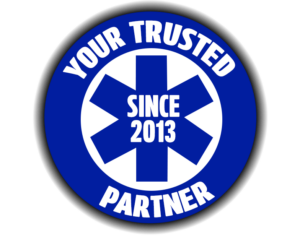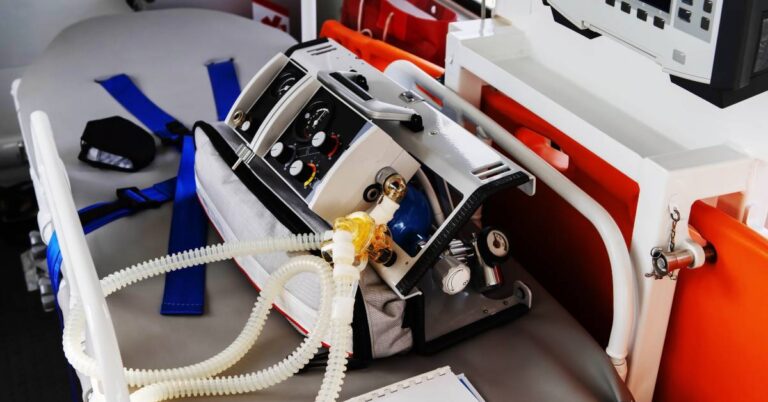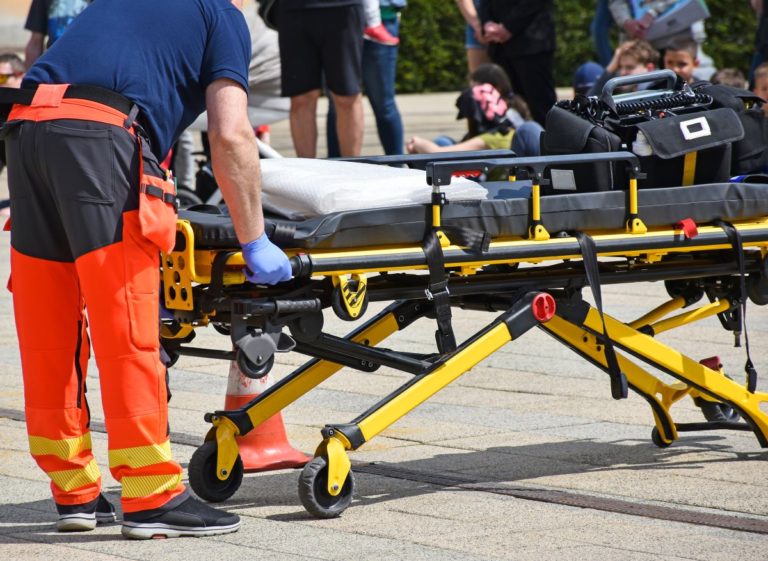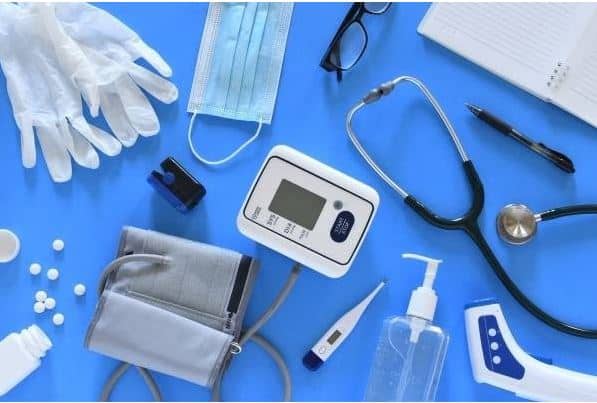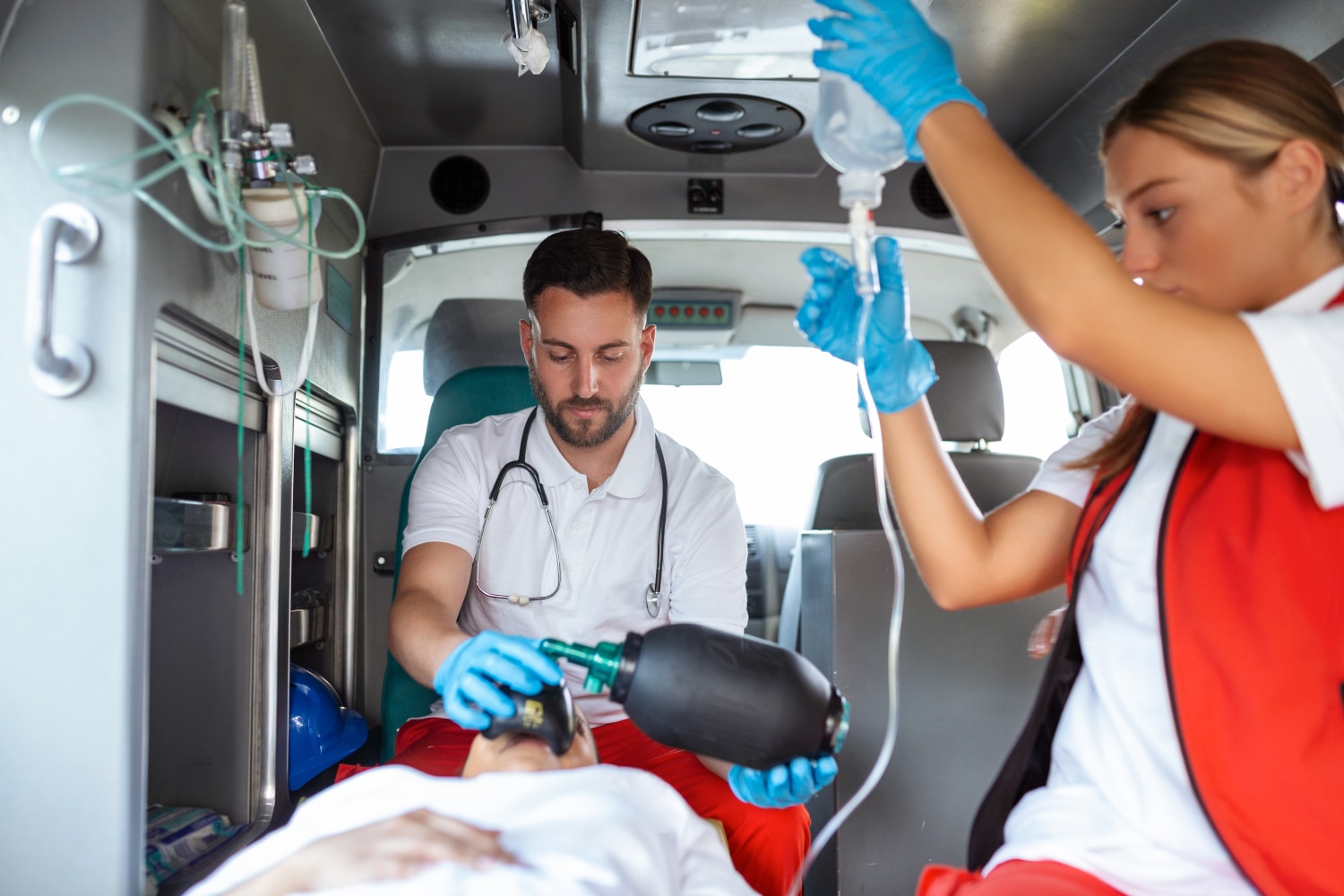
Prehospital Medicine: The Vital Role of Paramedics in Emergency Healthcare
Paramedics are the unsung heroes of modern healthcare—they are on the front lines of emergency medicine, providing lifesaving interventions to those in need.
From responding to traffic accidents and medical emergencies to performing CPR and administering medications in a prehospital setting, paramedics play an essential role in delivering quality care to patients.
Let’s explore the importance of prehospital medicine and the vital role that paramedics play in emergency healthcare. With their quick thinking, specialized knowledge, and experience, paramedics save countless lives daily.
What Is Prehospital Medicine?
Prehospital medicine, also known as prehospital emergency care, refers to the medical care provided to patients before they reach a hospital or other healthcare facility. It involves the initial assessment, treatment, and stabilization of patients in the field or during transport to a medical facility.
Prehospital medicine is typically provided by emergency medical services (EMS) personnel, including paramedics and emergency medical technicians (EMTs). These healthcare professionals are trained to respond to medical emergencies, accidents, and disasters, providing critical care and interventions outside of a hospital setting.
The Role of Paramedics in Prehospital Medicine
Paramedics are an integral part of prehospital medicine and have been extensively trained in emergency medicine. Not only do they serve as an initial point of contact for patients in need, but they are also responsible for providing lifesaving interventions in the field.
Their duties include:
1. Rapid Response
Paramedics are trained to respond quickly to emergency calls and arrive at the scene promptly. Their swift response time can make a significant difference in the outcome for patients, particularly in critical situations such as cardiac arrest, severe trauma, or stroke.
2. Assessment and Triage
Once they arrive at the scene, the paramedics perform a thorough initial assessment of the patient’s condition, which involves evaluating vital signs, conducting physical examinations, and gathering essential medical history. Based on this assessment, they triage patients, determining the severity of their condition and prioritizing care accordingly. This ensures that patients with the most critical needs receive immediate attention.
3. Emergency Medical Interventions
Paramedics are trained to deliver a range of emergency medical interventions to stabilize patients in the prehospital setting. They can administer medications, initiate intravenous (IV) access, perform advanced airway management techniques, and provide cardio-pulmonary resuscitation (CPR). They are also skilled in managing traumatic injuries, immobilizing fractures, controlling bleeding, and providing pain relief.
4. Advanced Life Support (ALS)
During medical emergencies, paramedics can also deliver advanced life support (ALS) care, a higher level of care than basic first aid. ALS care includes administering medications to manage cardiac arrhythmias, intubating patients who are not breathing adequately, and utilizing manual defibrillators to shock the heart in cases of cardiac arrest. ALS interventions provide crucial support until the patient is transported to a hospital.
5. Effective Communication and Collaboration:
All paramedics work as part of a healthcare team, collaborating with other emergency medical services (EMS) personnel, nurses, physicians, and hospital staff. They provide crucial information about the patient’s condition, relay vital signs and medical history, and communicate their interventions and treatments to ensure continuity of care during the transition from the prehospital to the hospital setting.
Conclusion
Paramedics are indispensable in prehospital medicine, as they are skilled in rapid assessment, triage, and delivering advanced life support interventions. Their expertise, dedication, and teamwork contribute significantly to the overall emergency healthcare system, providing a crucial link between an emergency site and definitive care in a hospital setting.
Get All Your Paramedic Equipment From Us
Are you a paramedic in need of medical supplies? Look no further! At Coast Biomedical Equipment, we offer a wide selection of medical equipment and supplies for all types of emergency responders. Whether you need EKG machines or advanced airway management equipment, we have it at our online store. Shop now and get quality products at the best prices.

